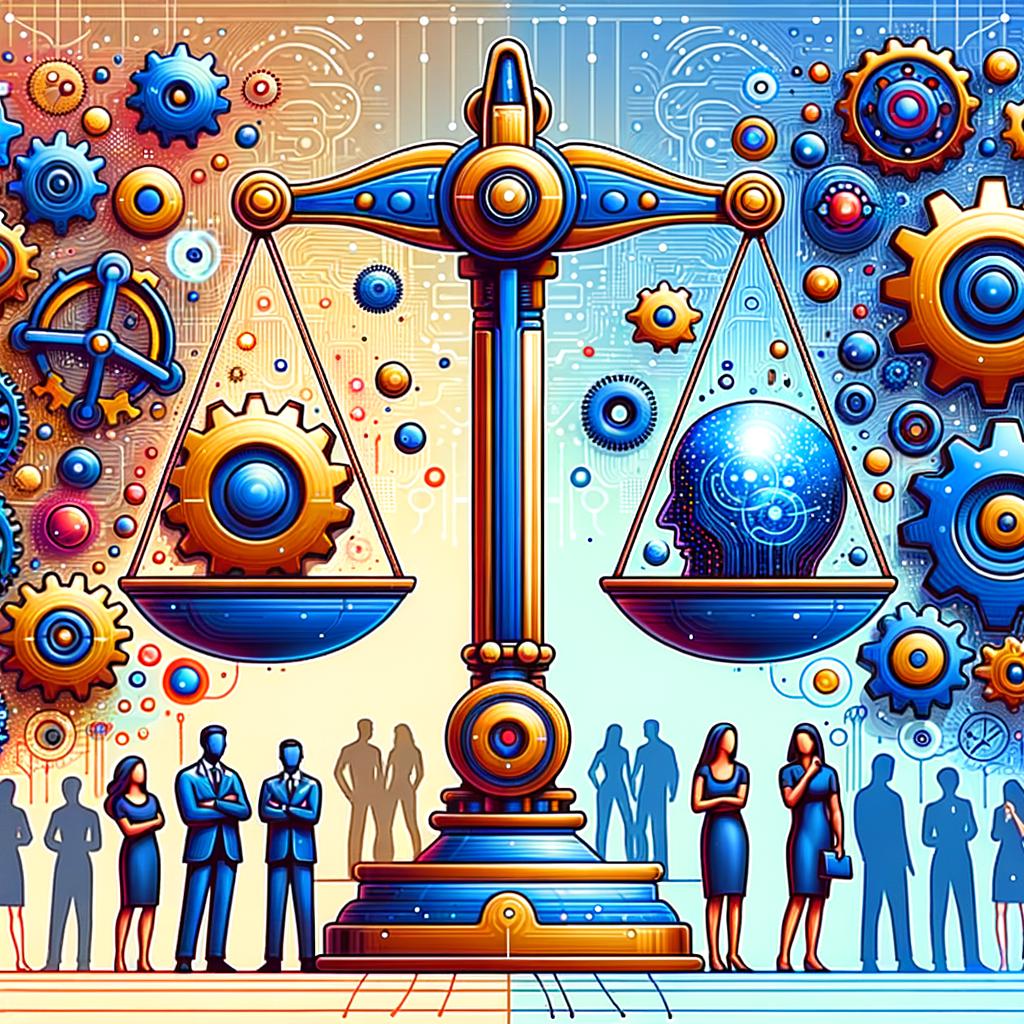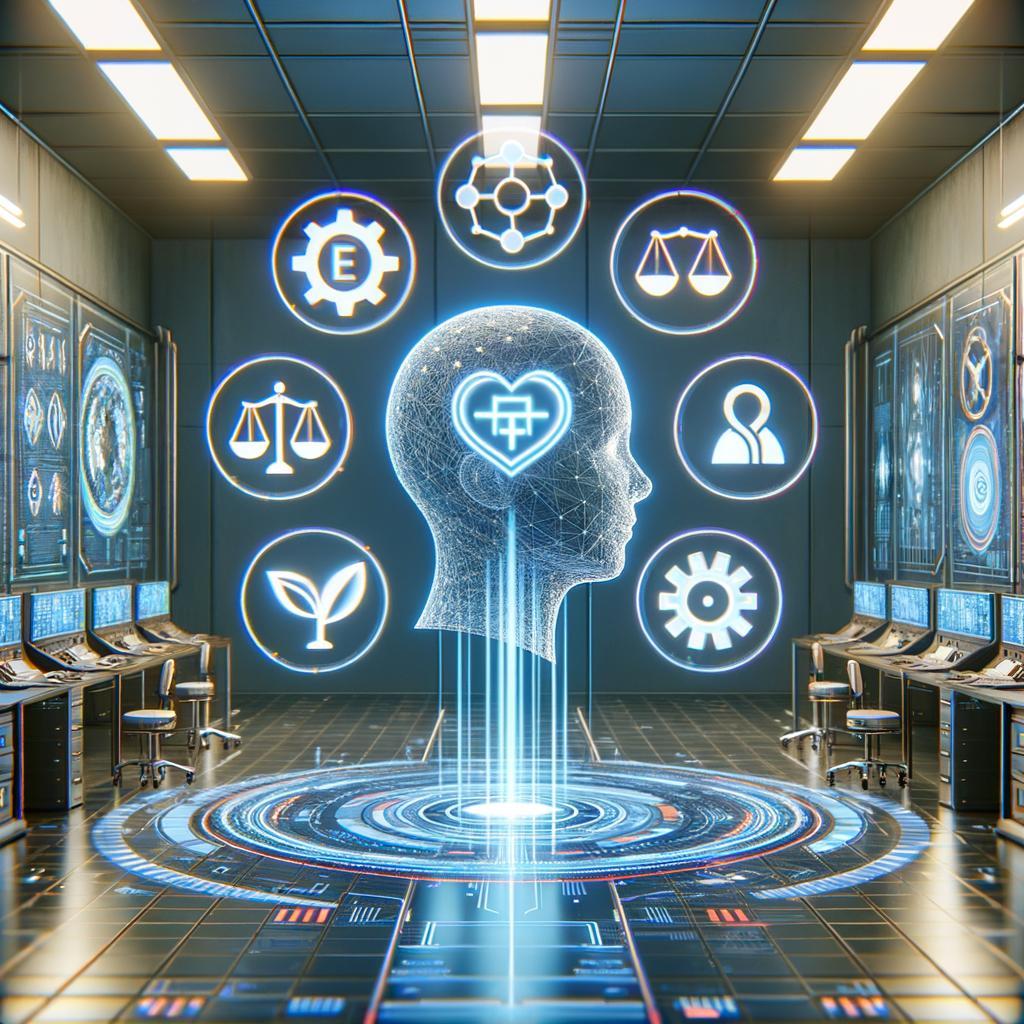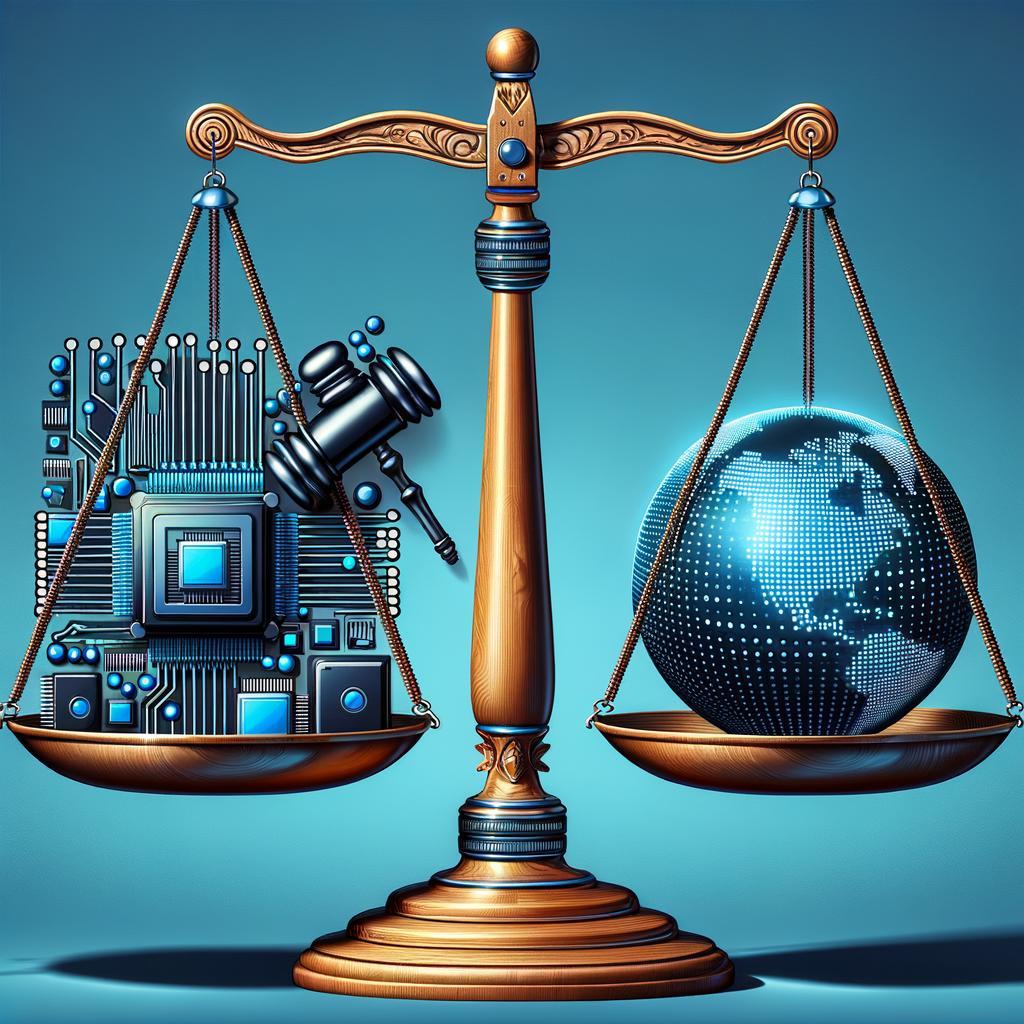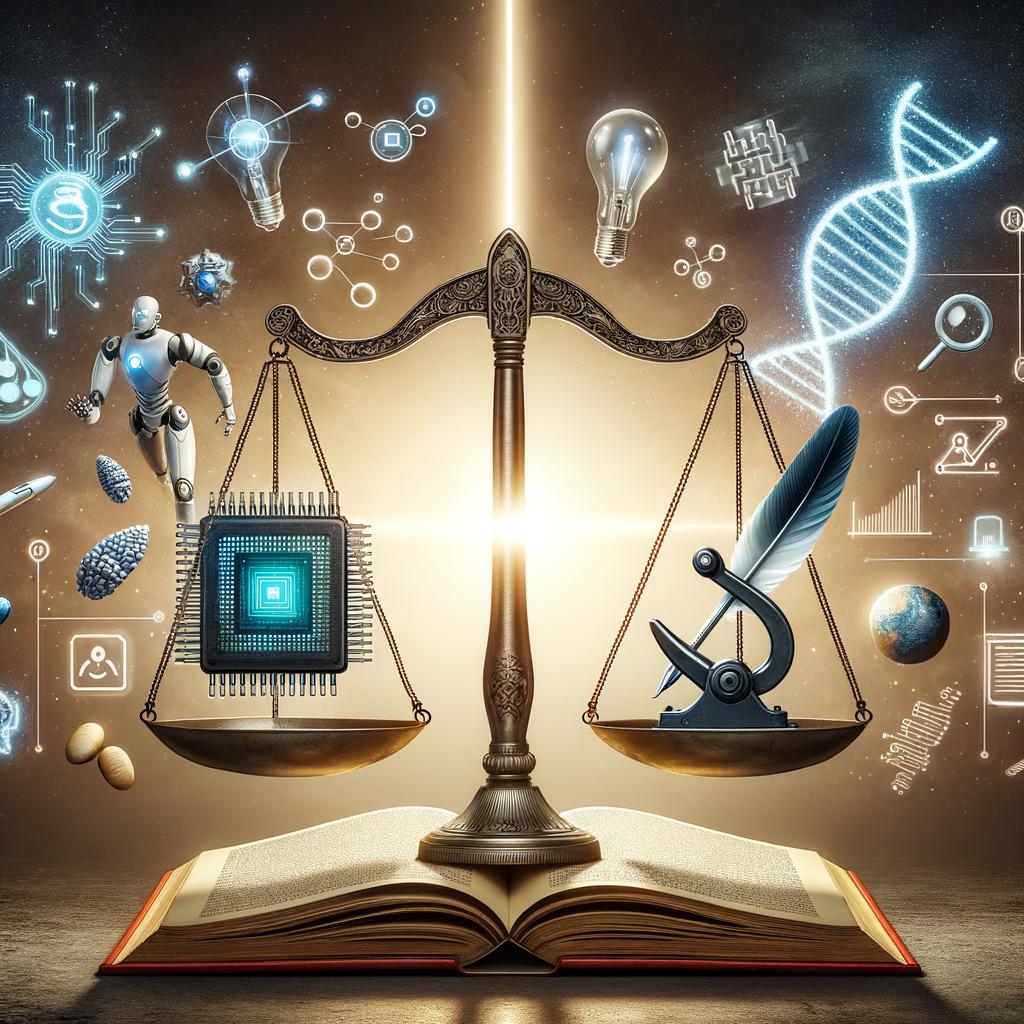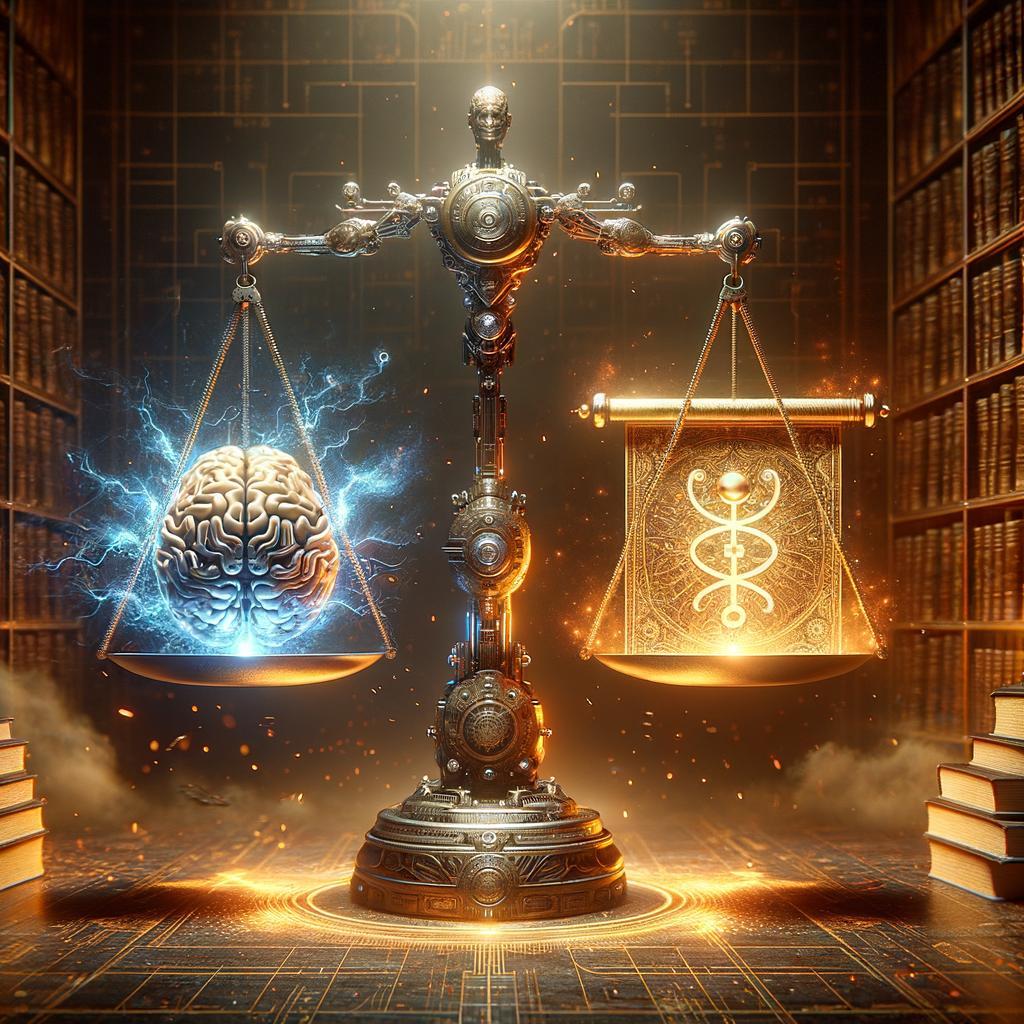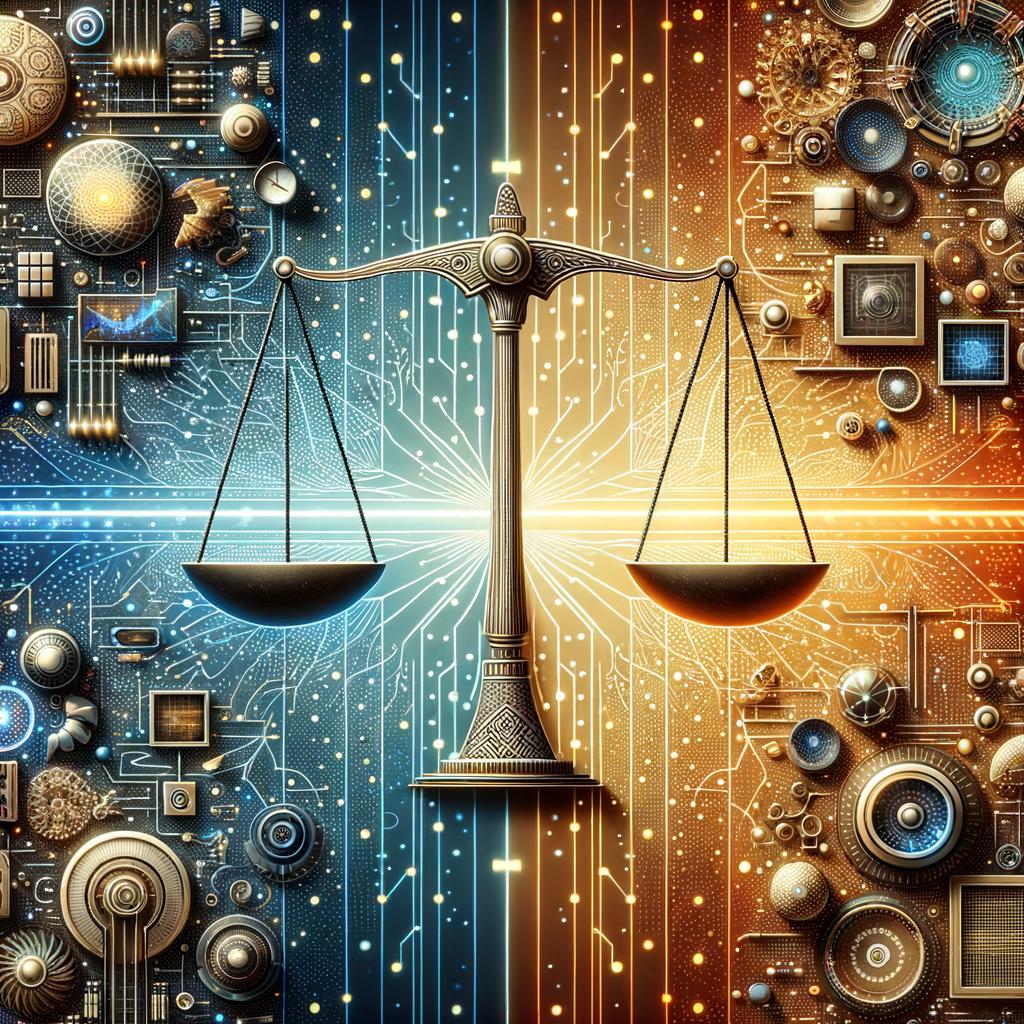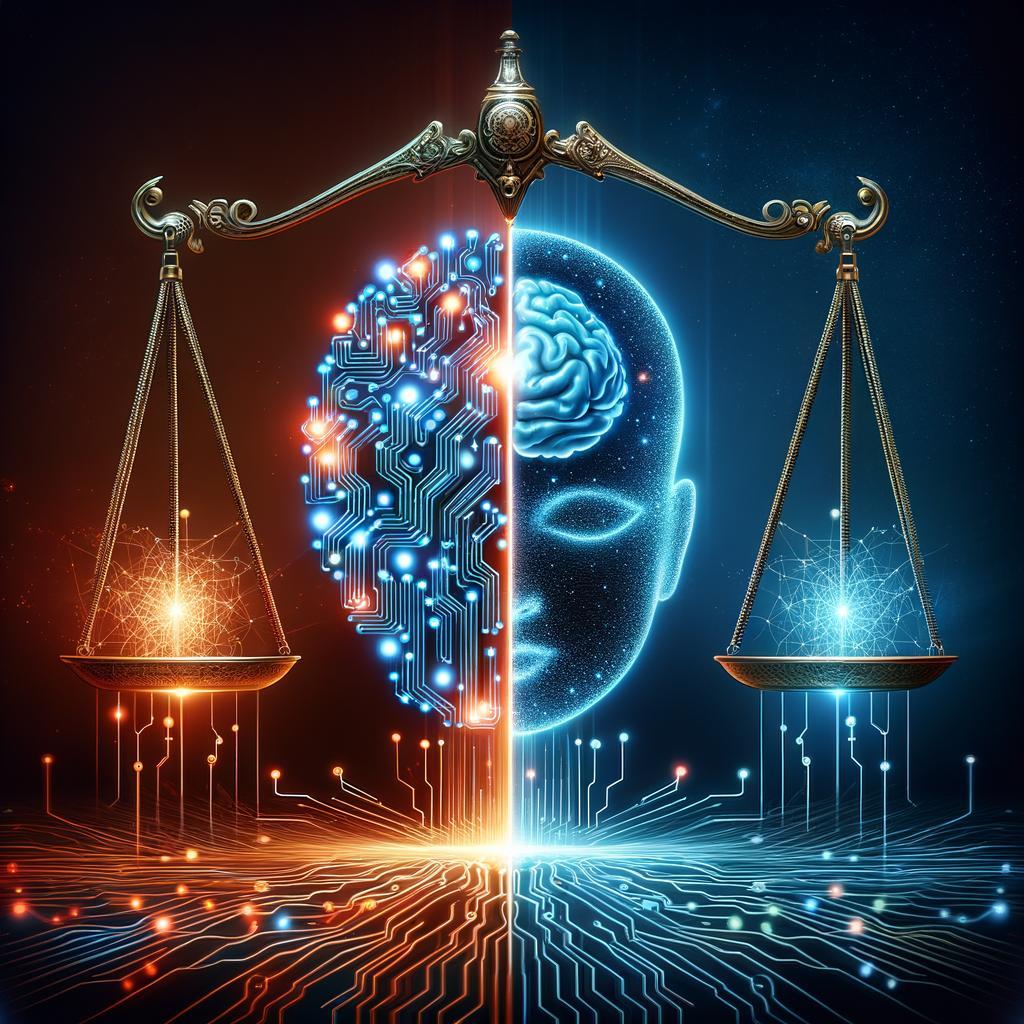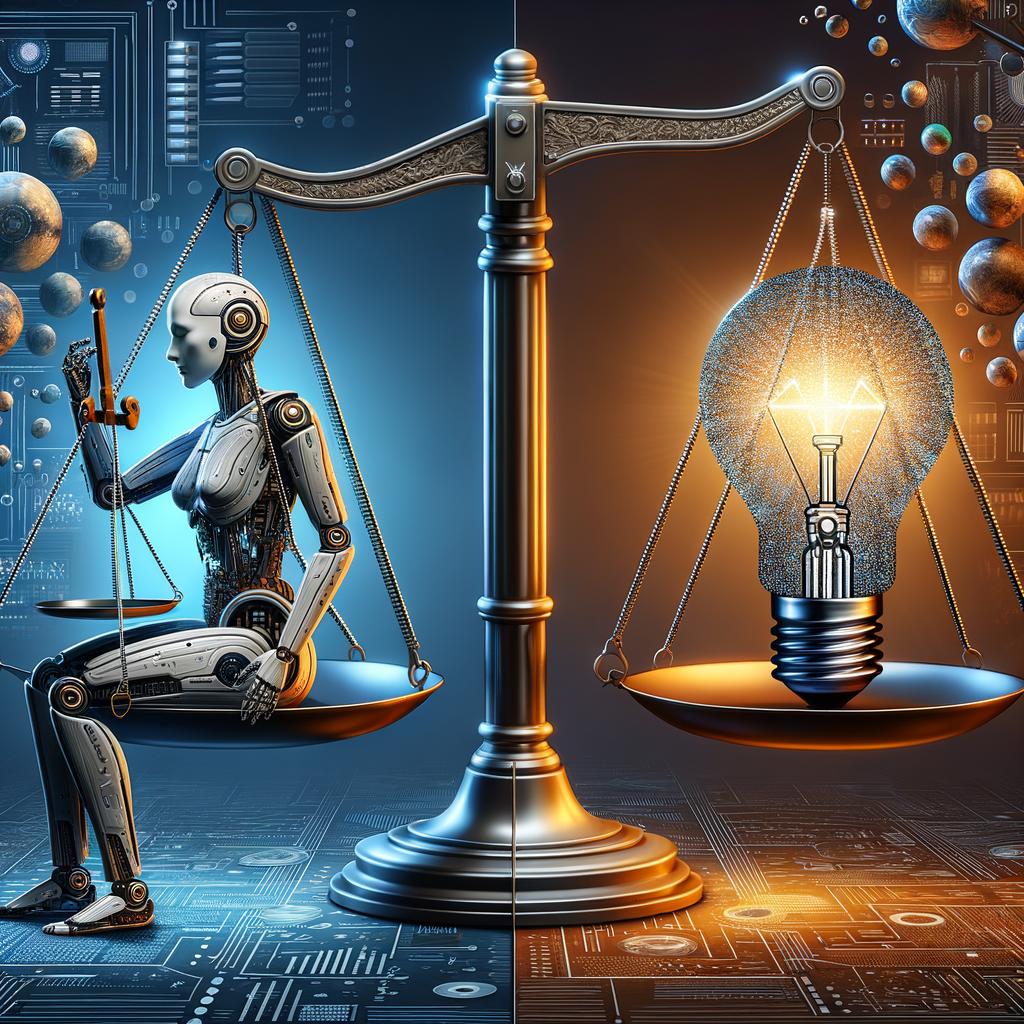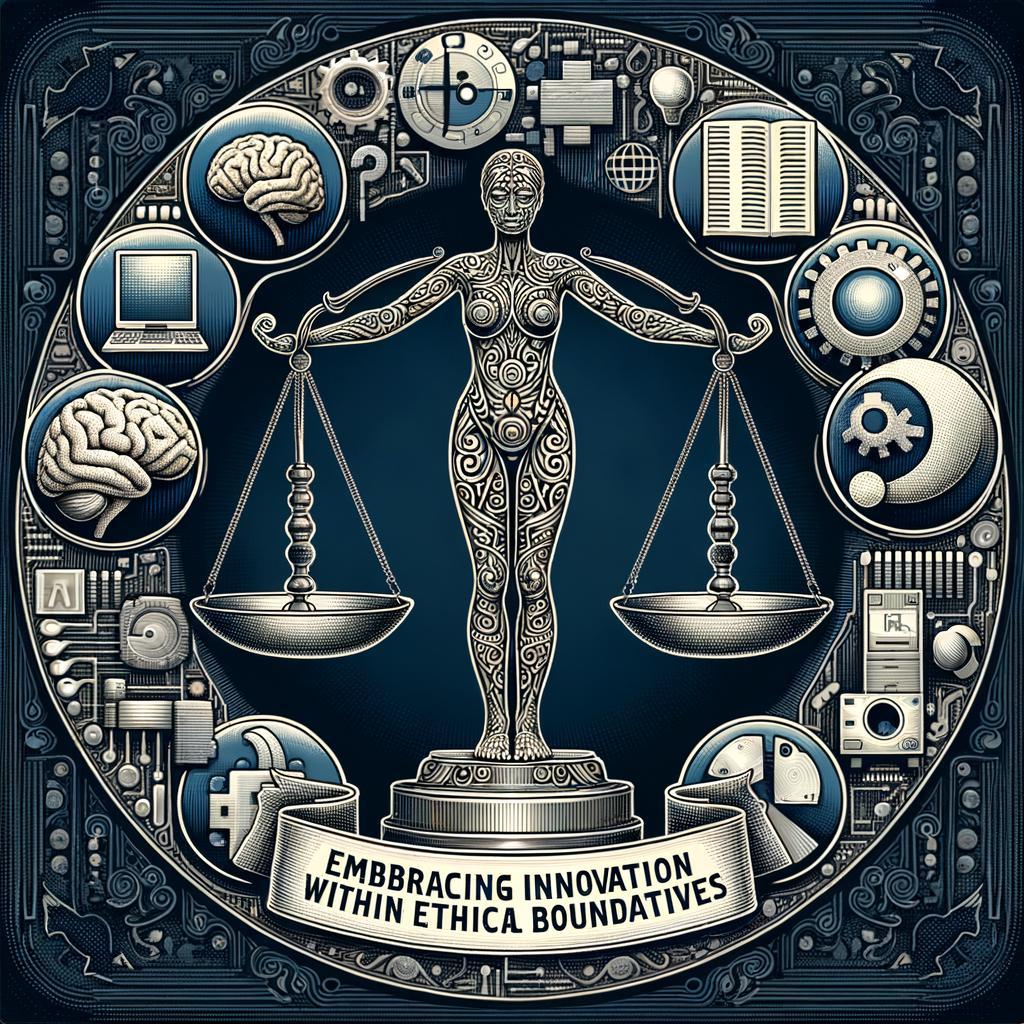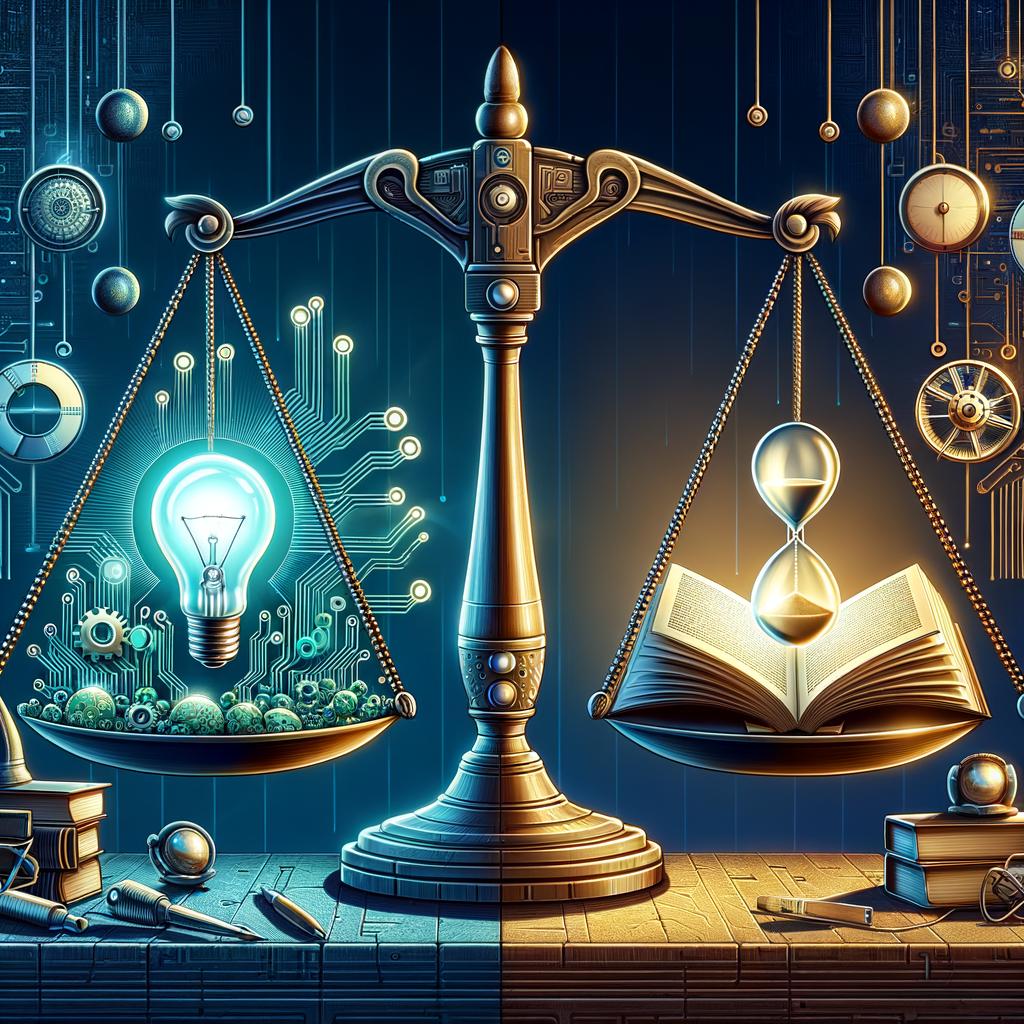In today’s rapidly evolving technological landscape, artificial intelligence (AI) stands at the forefront of innovation, promising to reshape industries, enhance productivity, and improve quality of life. As we witness unprecedented breakthroughs in machine learning, natural language processing, and data analytics, the potential applications of AI seem limitless. Yet, with these advancements come pressing ethical dilemmas that demand our attention. As AI systems increasingly influence decisions in healthcare, finance, and public safety, the challenge lies not just in harnessing their capabilities but also in ensuring they align with our core values. This article explores the delicate balance between fostering innovation in AI and upholding ethical standards, advocating for a future where technology serves humanity without compromising our principles. Join us as we navigate the complexities of responsible AI development, highlighting the importance of integrating ethical considerations into every stride forward, ensuring that progress does not come at the expense of our shared moral framework.
As the world embraces the rapid evolution of artificial intelligence, the push for ethical frameworks in AI development has never been more critical. Such frameworks aim to guide researchers, engineers, and executives in making responsible choices that align with societal values. Key components that should be included in these frameworks comprise:
- Transparency: Providing clear information about how AI systems operate and make decisions.
- Accountability: Ensuring that developers and organizations are held responsible for the impacts of their AI systems.
- Fairness: Striving to eliminate bias in AI algorithms to promote equality and inclusivity.
- Privacy: Safeguarding user data and ensuring consent in data use.
Implementing these ethical guidelines not only builds public trust but also enhances the long-term viability of AI innovations. Organizations can better integrate responsible practices into their AI lifecycle by establishing dedicated ethics committees and leveraging industry standards. Additionally, recognizing the diverse implications of AI on various sectors necessitates a collaborative effort among stakeholders across business, government, and academia. To illustrate the importance of this collaboration, consider the following table summarizing the potential impacts of ethical AI frameworks:
| Impact Area | Benefit of Ethical AI Frameworks |
|---|---|
| Public Trust | Improved community confidence in AI technologies. |
| Innovation | Encouraged responsible innovation that aligns with moral standards. |
| Regulatory Compliance | Facilitated adherence to emerging regulations on AI ethics. |
| Market Growth | Attracted investment by showcasing commitment to ethical practices. |
To Wrap It Up
the rapid advancements in artificial intelligence present both tremendous opportunities and significant ethical challenges. As we stand on the brink of a technological revolution, it is imperative that we prioritize the integration of ethical values into our pursuit of innovation. Embracing a framework that promotes transparency, accountability, and inclusivity will not only enhance public trust in AI systems but also ensure that these innovations serve the greater good, rather than exacerbate existing inequalities.
The future of AI is not just about what we can create, but how we choose to wield that power. By fostering a collaborative dialogue between technologists, ethicists, policymakers, and society at large, we can navigate the complexities of this evolving landscape responsibly. Let us harness the transformative potential of AI while steadfastly guarding our moral compass. As we move forward, let us work together to make sure that our technological breakthroughs reflect our collective values and aspirations, paving the way for a future that is not only smarter but also fairer and more just for all.